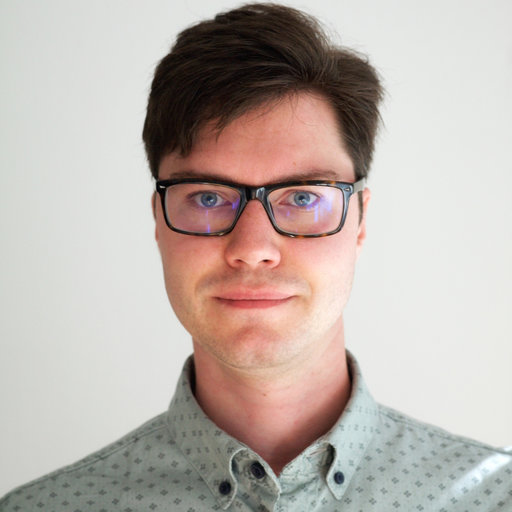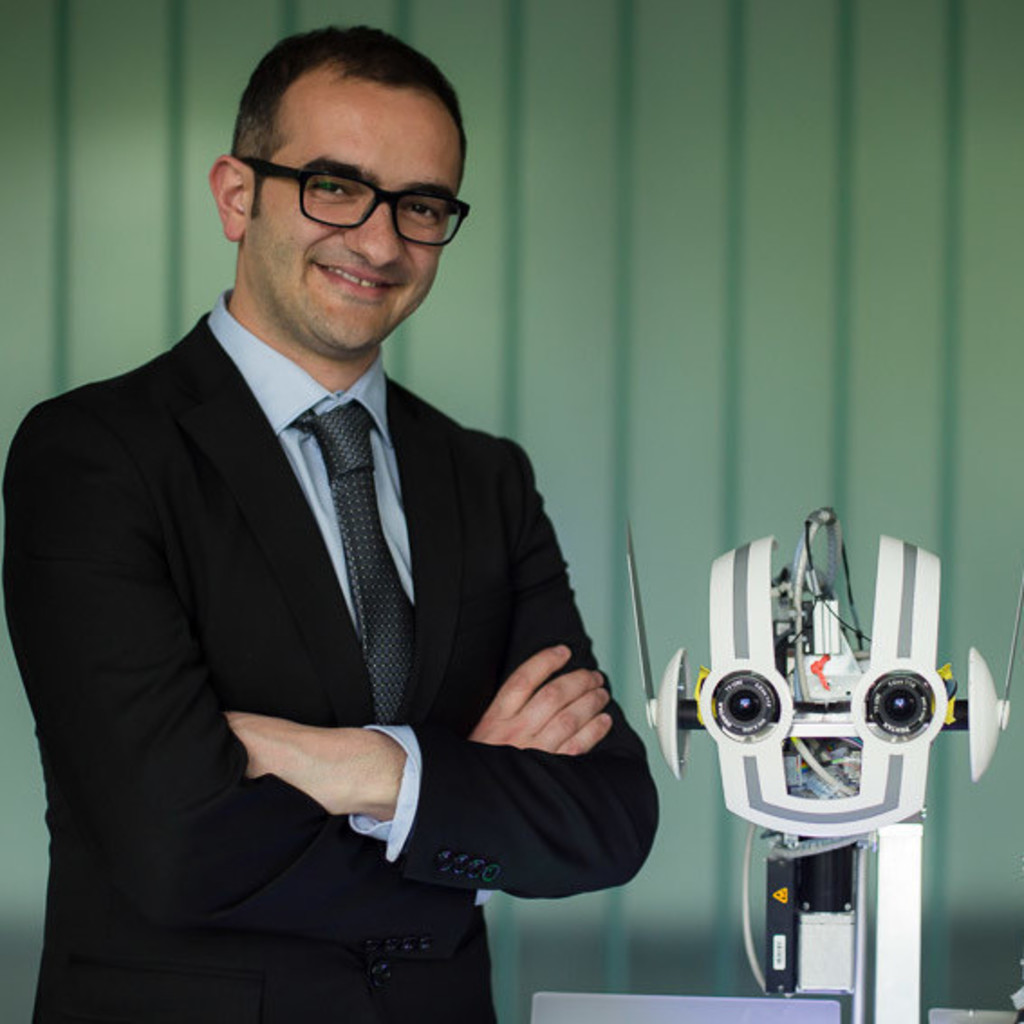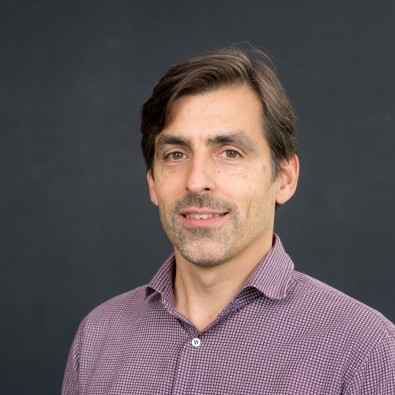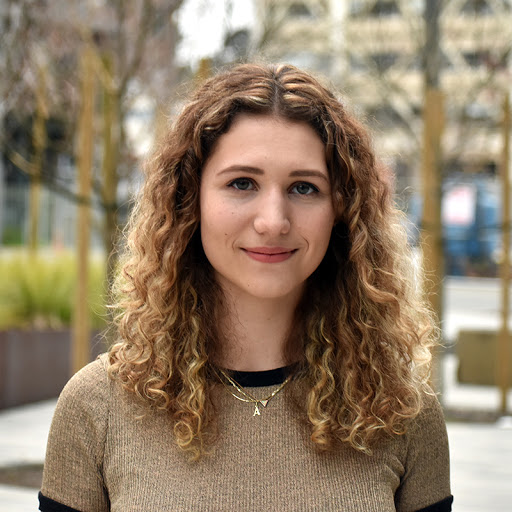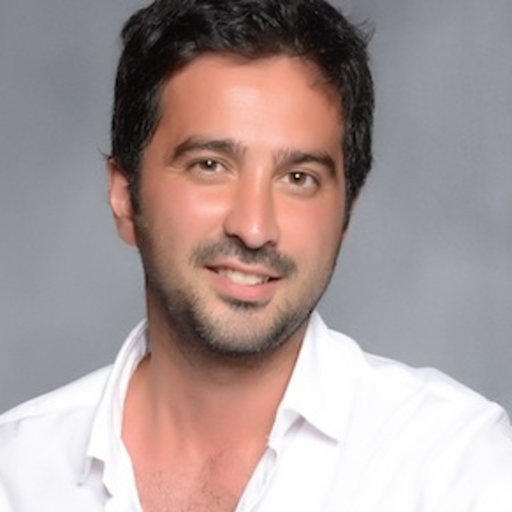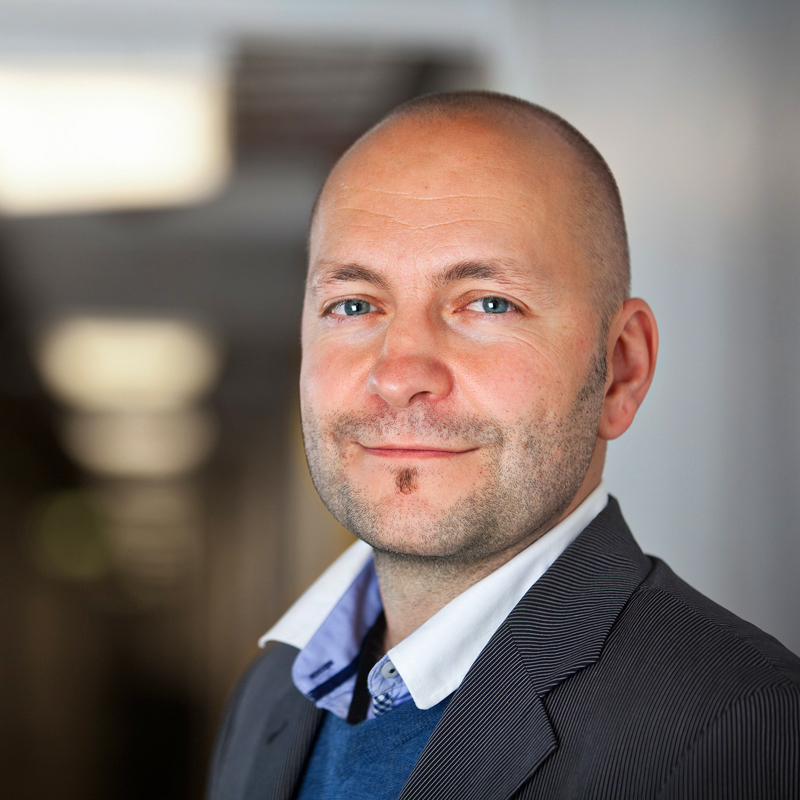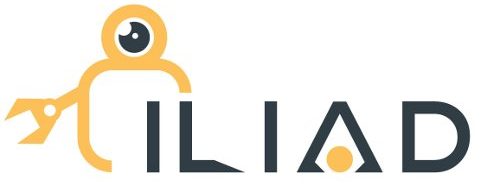Anticipating human motion is a key skill for intelligent systems that share a space or interact with humans
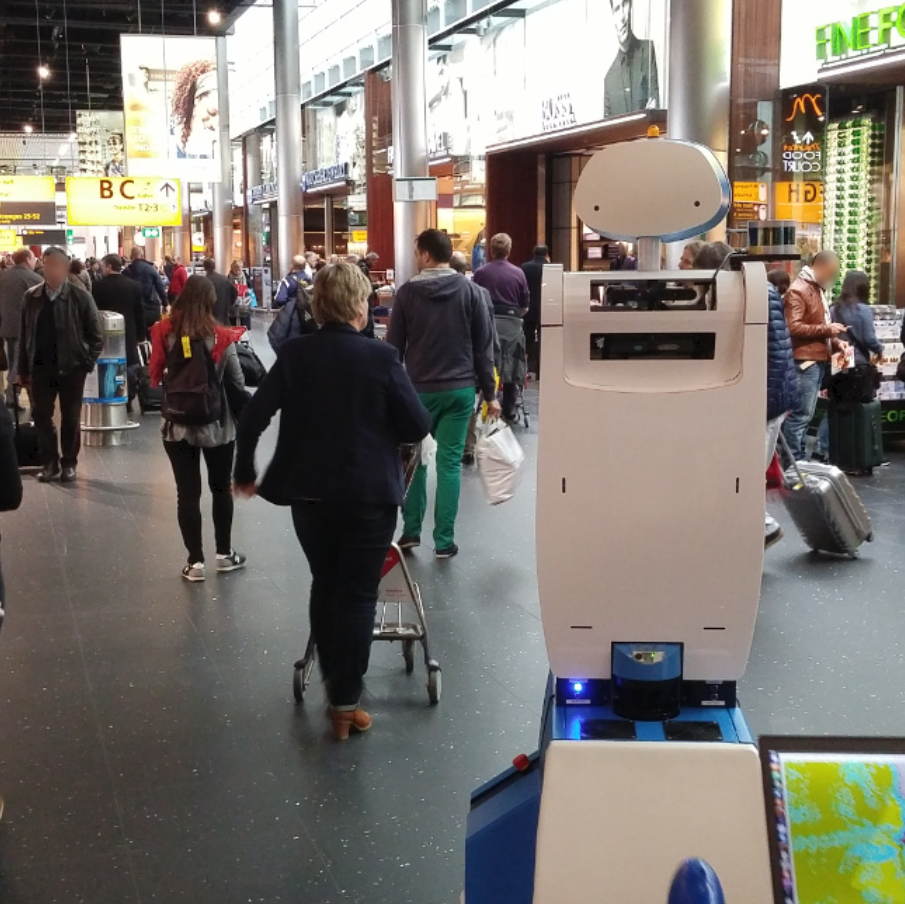 Accurate long-term
predictions of human movement trajectories, body poses, actions or activities may significantly
improve the ability of robots to plan ahead, anticipate the effects of their actions or
to foresee hazardous situations. The topic has received increasing attention in
recent years across several scientific communities with a growing spectrum of applications in
service robots, self-driving cars, collaborative manipulators or tracking and surveillance.
This workshop is third in a series of ICRA 2019-2020 events. The aim of this workshop is to
bring together researchers and practitioners from different communities and to discuss recent
developments in this field, promising approaches, their limitations, benchmarking techniques and
open challenges.
Accurate long-term
predictions of human movement trajectories, body poses, actions or activities may significantly
improve the ability of robots to plan ahead, anticipate the effects of their actions or
to foresee hazardous situations. The topic has received increasing attention in
recent years across several scientific communities with a growing spectrum of applications in
service robots, self-driving cars, collaborative manipulators or tracking and surveillance.
This workshop is third in a series of ICRA 2019-2020 events. The aim of this workshop is to
bring together researchers and practitioners from different communities and to discuss recent
developments in this field, promising approaches, their limitations, benchmarking techniques and
open challenges.
